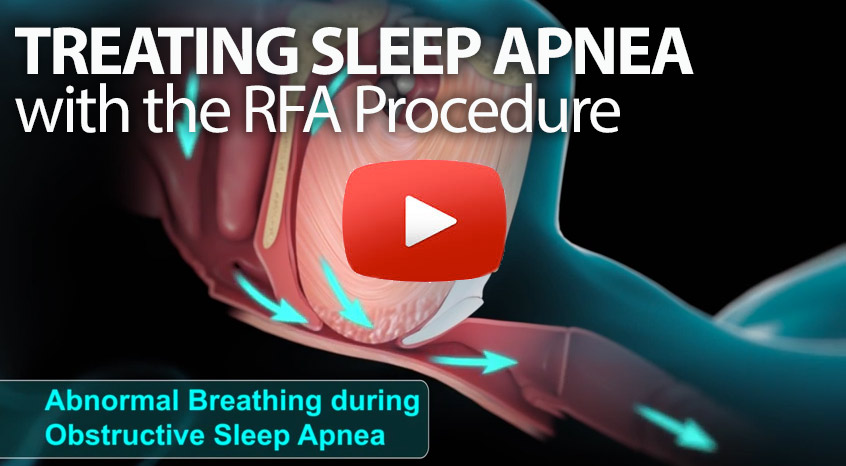If you are reading this article it is likely because you, or someone you care about, is dealing with snoring. Here are eight clever tips that you may or may not have not heard of that can aid a quieter, more relaxing, and healthier night’s sleep.

There are several things you can do to help stop snoring so that you and others can get a better night’s rest.
- Adjust your sleeping position: This is not a common tip, but believe it or not, how you sleep can really affect your snoring. Most snoring occurs on your back, so try falling asleep on your stomach or side. It might take time, but you’ll be surprised at how much it can affect your night.
- Avoid drinking alcohol prior to sleeping: A glass of wine before you go to sleep isn’t the worst thing, but too much alcohol can act as a sedative, resting the muscles in your throat. This can contribute immensely to snoring.
- Lose weight and keep exercising: Being overweight can cause strain on your breathing patterns. Exercising and losing weight can relieve this strain.
- Change your pillow cases (or the pillows): Allergens in the fabric or stuffing can greatly affect snoring. If you have noticed that you have been snoring a lot recently, try washing your pillows and the cases. If this doesn’t work, try replacing them altogether.
- Stay hydrated before bed: Sections in your nose and palate get’s gummed up when you are not well-hydrated. Stay hydrated, especially before bed and it will really affect how well you breathe.
If you or someone you know is in need of a better night’s sleep, contact us for a no obligation consultation. We are the sleep specialists at Chevy Chase ENT located in the Virginia, Maryland, and Washington D.C. metro area dealing with sleep apnea and sleep-related problems. We can help diagnose your condition, recommend whether a sleep study would be beneficial, and offer you a variety of treatment options including CPAP, Radio Frequency Ablation (RFA) and more.
